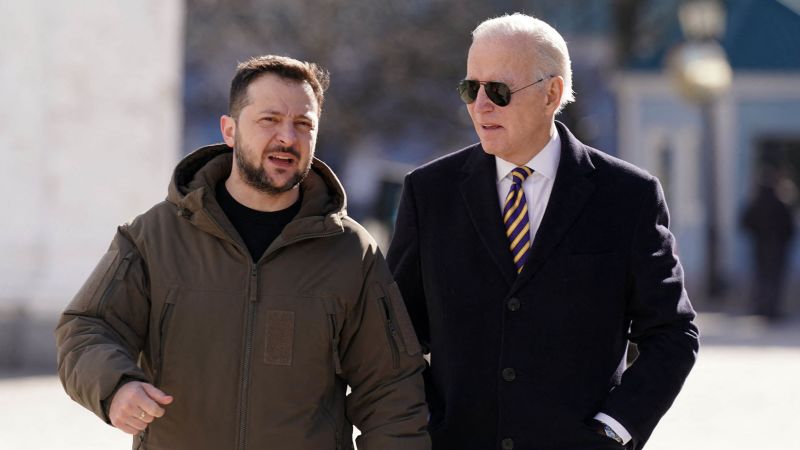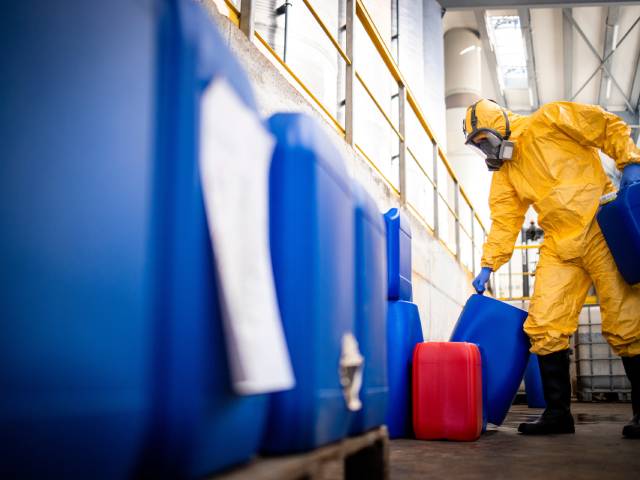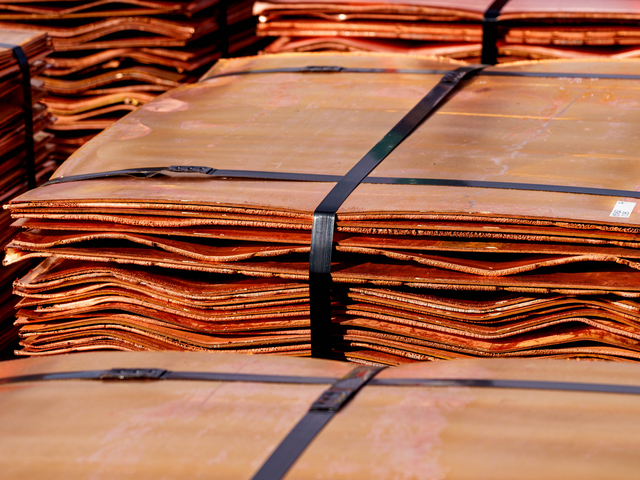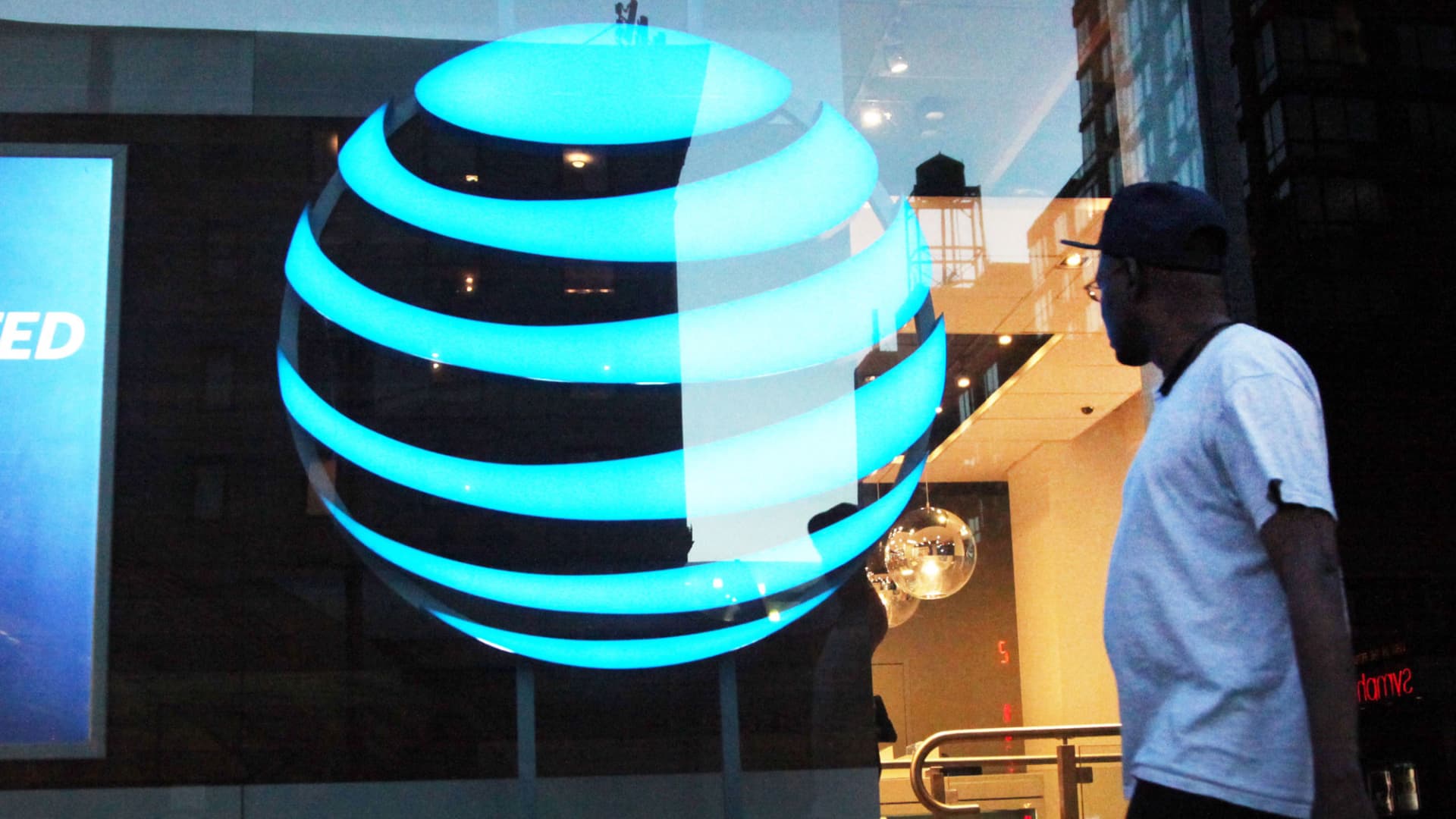Editor’s Note: Frida Ghitis, a former CNN producer and correspondent, is a world affairs columnist. She is a weekly opinion contributor to CNN, a contributing columnist to The Washington Post and a columnist for World Politics Review. The views expressed in this commentary are her own. View more opinion on CNN.
CNN
—
As the world prepares to mark the first anniversary of Russia’s unprovoked invasion of Ukraine, President Joe Biden made a historic, unannounced visit to the capital of the embattled country.
The risky trip on Monday to an active war zone was not just a powerful symbol of American support, it was a shot in the arm to a population that has endured Russia’s devastating attacks on civilian apartment blocks, hospitals, schools and the power stations that provide heat and electricity.
“It’s just something unbelievable that at a time like this the President of the United States is coming to Kyiv,” Andrei Ketov, a 48-year-old Ukrainian service member, told CNN.
Biden’s visit to Ukraine a year into the biggest war in Europe since World War II underscores just how badly Russian President Vladimir Putin miscalculated. Putin didn’t just misjudge Ukraine’s determination to resist and its revulsion with his claims that Ukraine is not a real country. He may have just bought into the Kremlin’s own malicious propaganda about the feebleness of America’s leadership — echoed and amplified by Biden’s political foes.
Standing alongside Ukrainian President Volodymyr Zelensky, Biden reminisced about a phone call the two had “that dark night” a year ago when the war started. Zelensky could hear explosions in the background. The world was preparing for the fall of Kyiv, Biden recalled, “perhaps even the end of Ukraine.”
Now, a year later, “Kyiv stands, and Ukraine stands. Democracy stands,” he declared, adding, “The Americans stand with you, and the world stands with you.”
Who could have imagined in 2022, when Ukraine’s situation looked so hopeless that the United States offered to evacuate Zelensky — and he famously refused — that a year later the Ukrainian people would have put up such a strong resistance, and the West would have given so much support for their efforts? And that instead of Putin having a military parade in Kyiv, it would be Biden walking in the Ukrainian capital’s streets, arriving at the ornate Mariinsky Palace, the official residence of the Ukrainian President?
Russia’s military bloggers were aghast. A “demonstrative humiliation of Russia” is how Russian journalist Sergey Mardan described the moment. An account on the Telegram app managed by Russian service members remarked with bitter sarcasm that “we are waiting in the Russian city of Kiev for the president of the Russian Federation, but not for the (President of the) United States.”
Recall that in the early days of the invasion, Ukraine said it found Russian forces had brought along their dress uniforms apparently expecting a victory parade.
Instead, the war has given the world an unending series of surprises. Russia’s army turned out to be much less competent than anyone expected; Putin was not quite the genius many believed.
Zelensky was much steelier and inspiring than almost any leader in recent memory. NATO was more united, and Europeans more willing to support Ukraine than anyone — including Putin — anticipated.
And then there’s Biden.
It’s a curious phenomenon that those who have most feared Biden have tried to undermine him by claiming he is weak and incompetent.
Biden is 80 and walks with a stiff gait. But he has no shortage of courage (air raid sirens sounded over Kyiv while Biden was there) or, crucially, competence.
It’s possible that under a different US President, Russia would have quickly conquered Ukraine.
Biden made mincemeat of Putin’s strategy to make it look as if the war was a result of a Ukrainian provocation, revealing the plan before it unfolded. Then he rallied the NATO alliance, which had been so grievously disparaged by former President Donald Trump.
Perhaps Putin, after watching the divisions inflamed by Trump’s rhetoric, thought NATO would not stand with Ukraine.
In fact, one might excuse Putin for thinking the US would not support Ukraine very forcefully. After all, one of the two major political parties in the United States had made Trump its leader. And Trump — in one of the sharpest contrasts with Biden — had toyed with Zelensky’s pleas for help.
Who can forget the infamous phone call after which Trump was impeached, when Zelensky implored the US President for help to deter an aggressive Russia? Trump’s response, “I would like you to do us a favor though,” trying to push Ukraine into launching an investigation against Biden, the candidate Trump claimed was weak, even though he feared him as his most effective opponent.
Now Biden has made it possible for the Ukrainian people to stand strong against a Russian President so obsessed with conquering his neighboring country that he has destroyed Russia’s standing in the world, rolled back three decades of progress and seems prepared to send untold numbers of Russians to die to prevent a democracy from flourishing next door to his autocracy.
A joyous Zelensky said Biden’s visit “brings us closer to victory,” adding it will “have repercussions on the battlefield in liberating our territories.”
Biden promised continuing support from the US, which is what most Americans want though backing has weakened somewhat. GOP Rep. Michael McCaul, chairman of the House Foreign Affairs Committee, told CNN that bipartisan support for Ukraine is “still very strong.”
Of course, some GOP members criticized Biden for going to Ukraine. Rep. Marjorie Taylor Greene called the trip “incredibly insulting,” a sign of an “America Last” policy. And Rep. Scott Perry — at the center of a legal dispute with the Justice Department over his cell phone in the special counsel’s January 6 probe — described as “breathtaking” that Biden would help Ukraine defend its borders and not do the same for America.
The day after his visit to Kyiv, Biden will give a major speech, rallying the world to Ukraine’s side, and vowing to continue helping Ukraine defend its independence and its democracy, because Ukraine today is the front line in the global contest between democracy and autocracy.


















